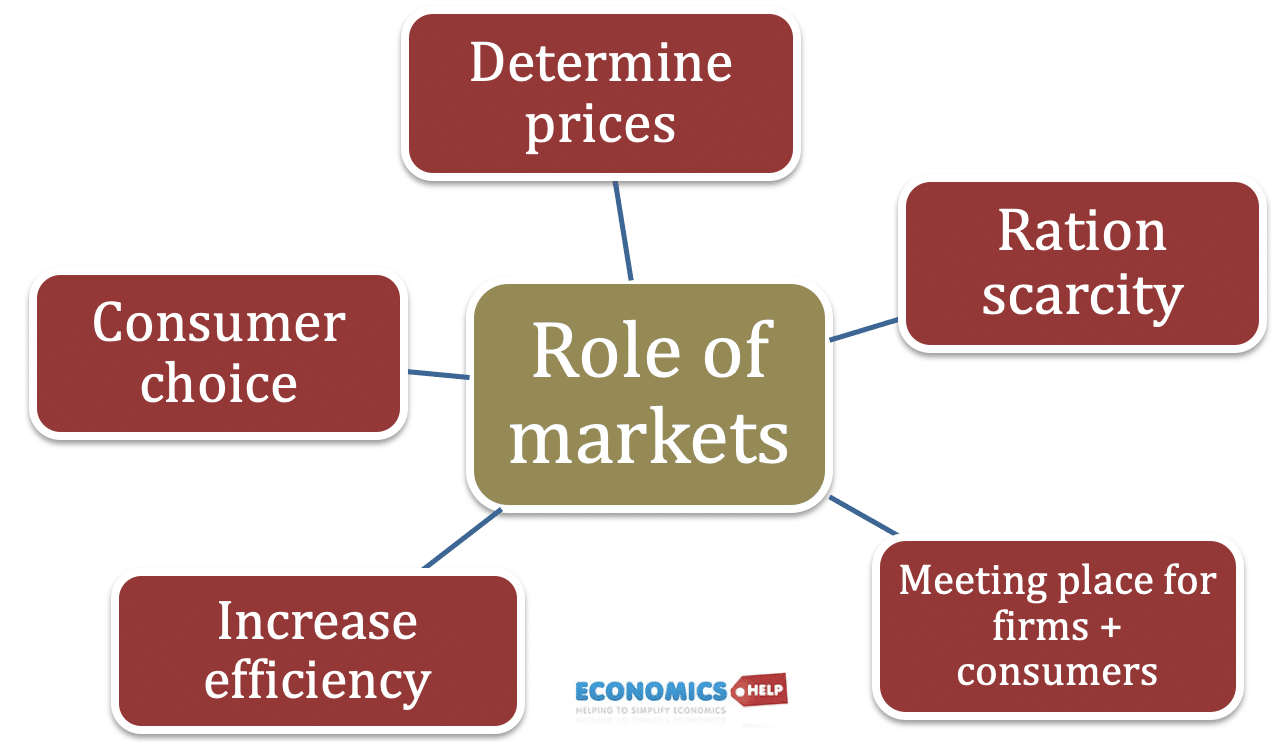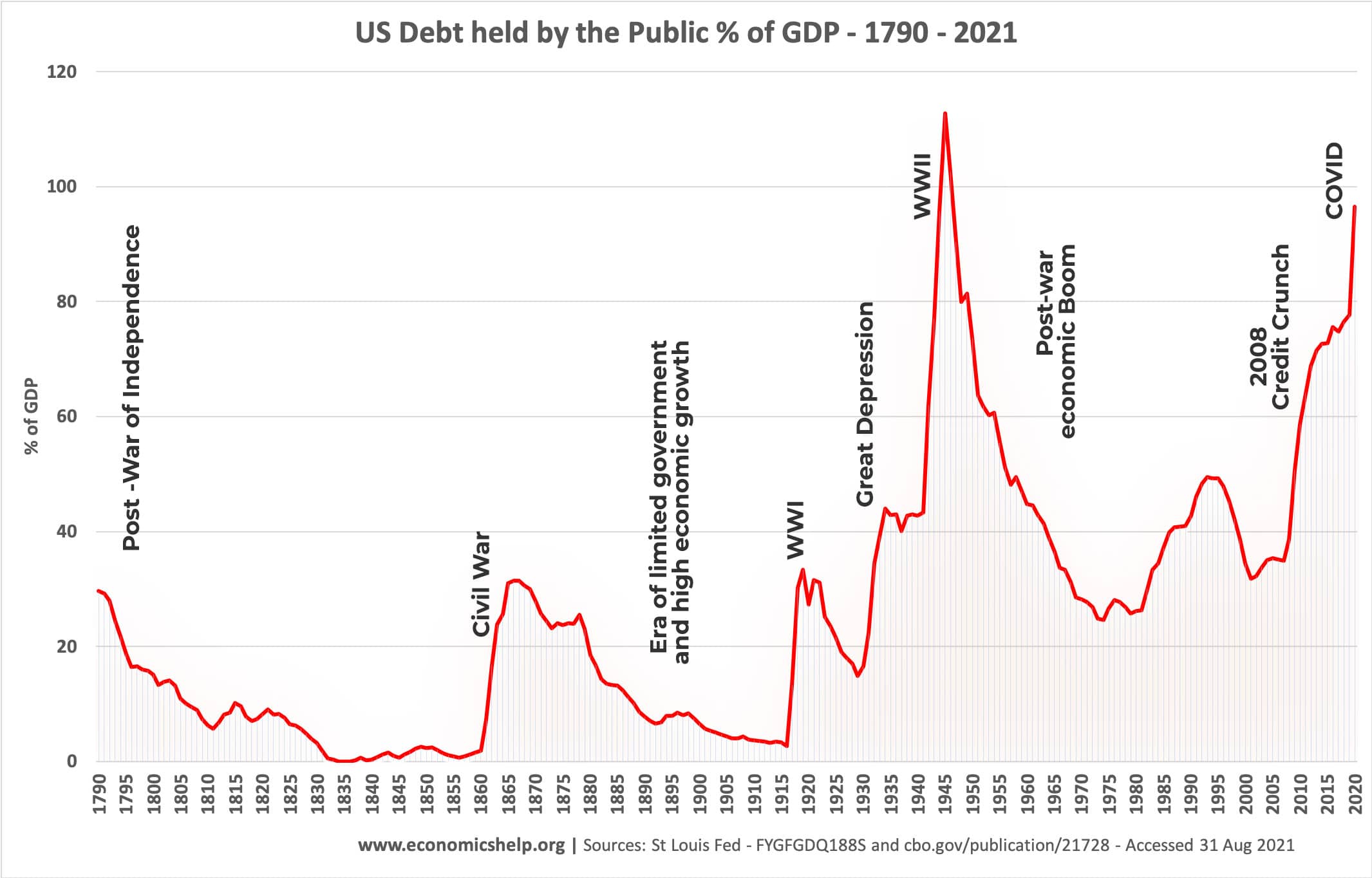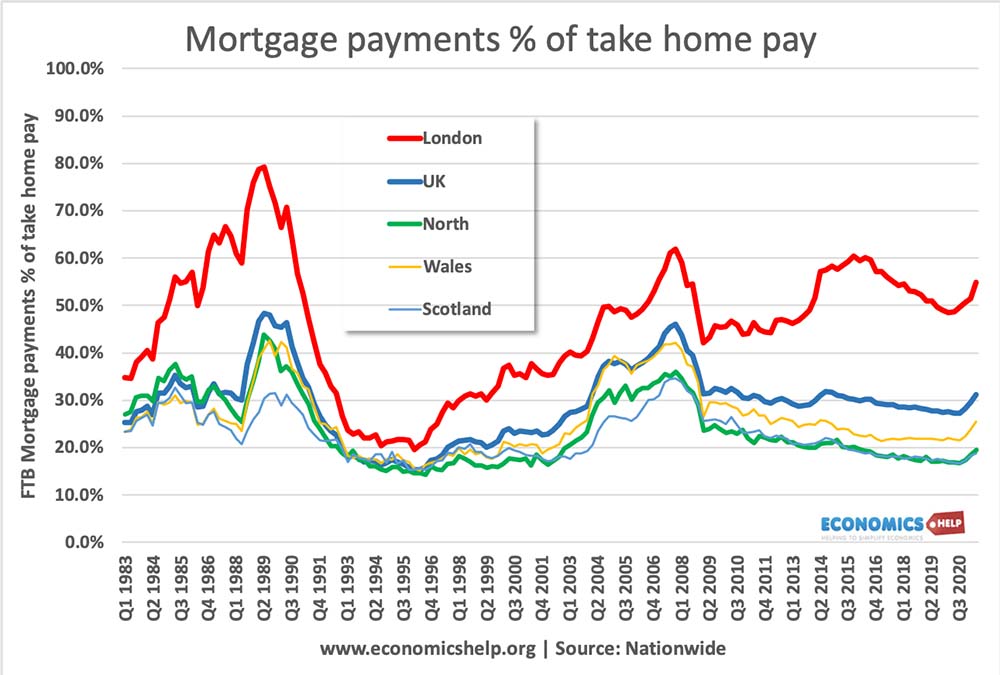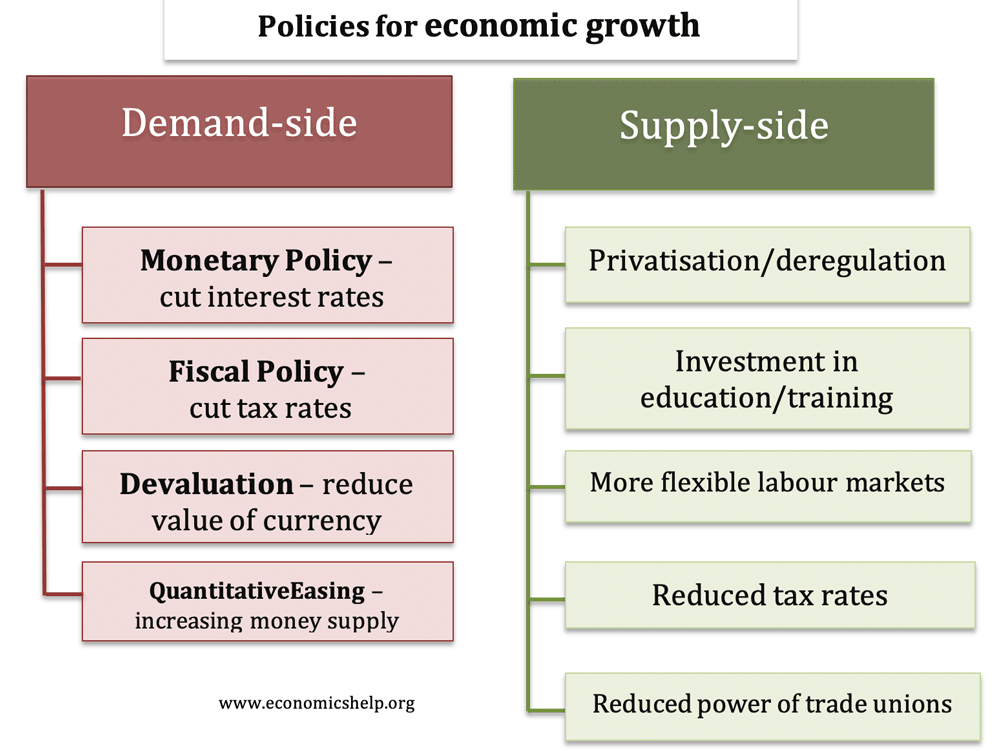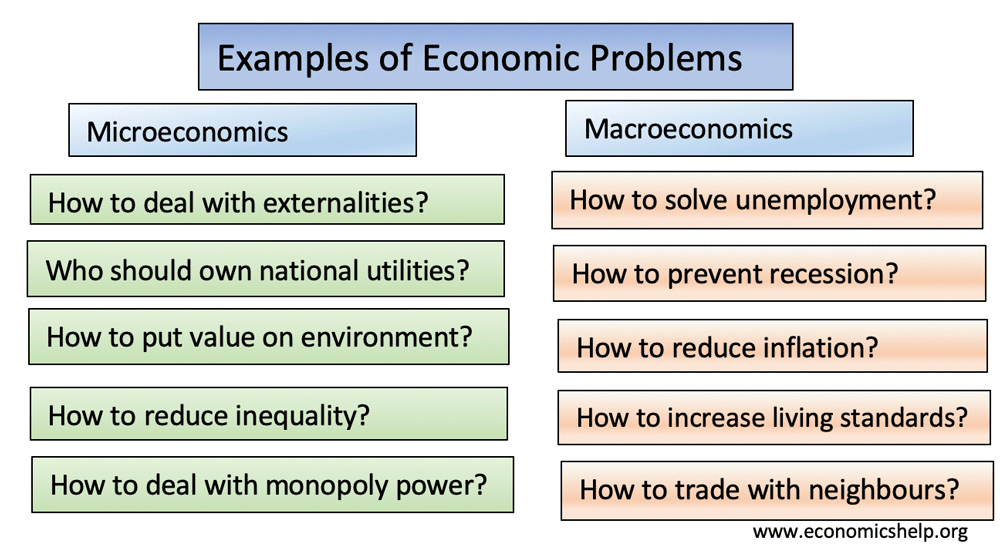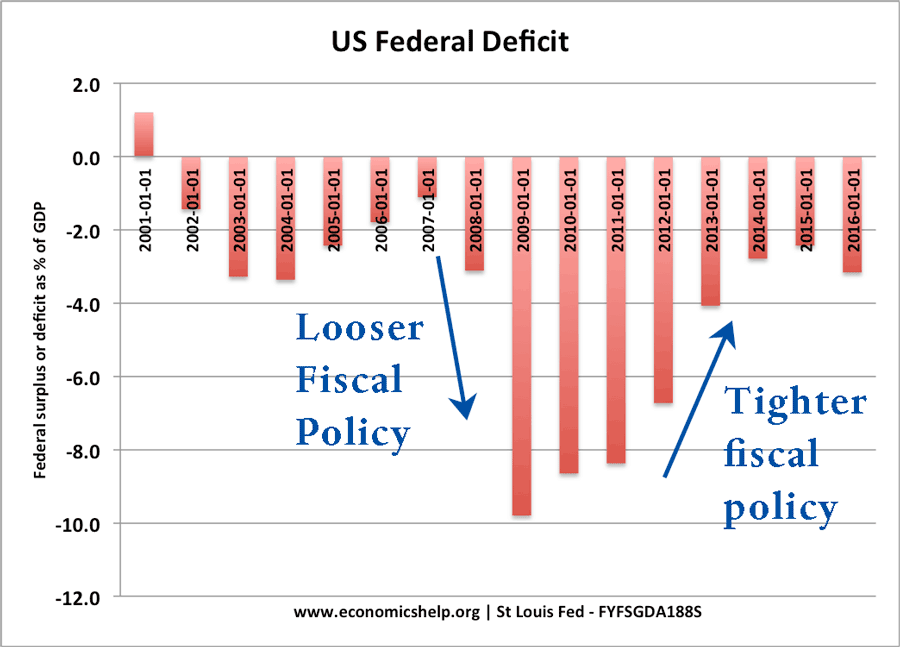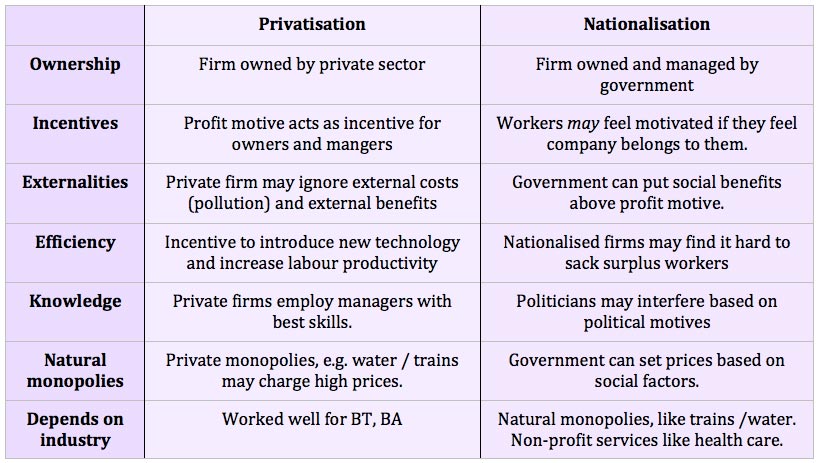What is the role of markets in an economy?
Markets are places where buyers and sellers can meet to sell and purchase goods and services. Markets provide places for firms to sell their goods and gain revenue. Markets provide places for consumers to buy the goods and services that they need. Markets are mostly self-regulated, relying on the principles of supply and demand to …

